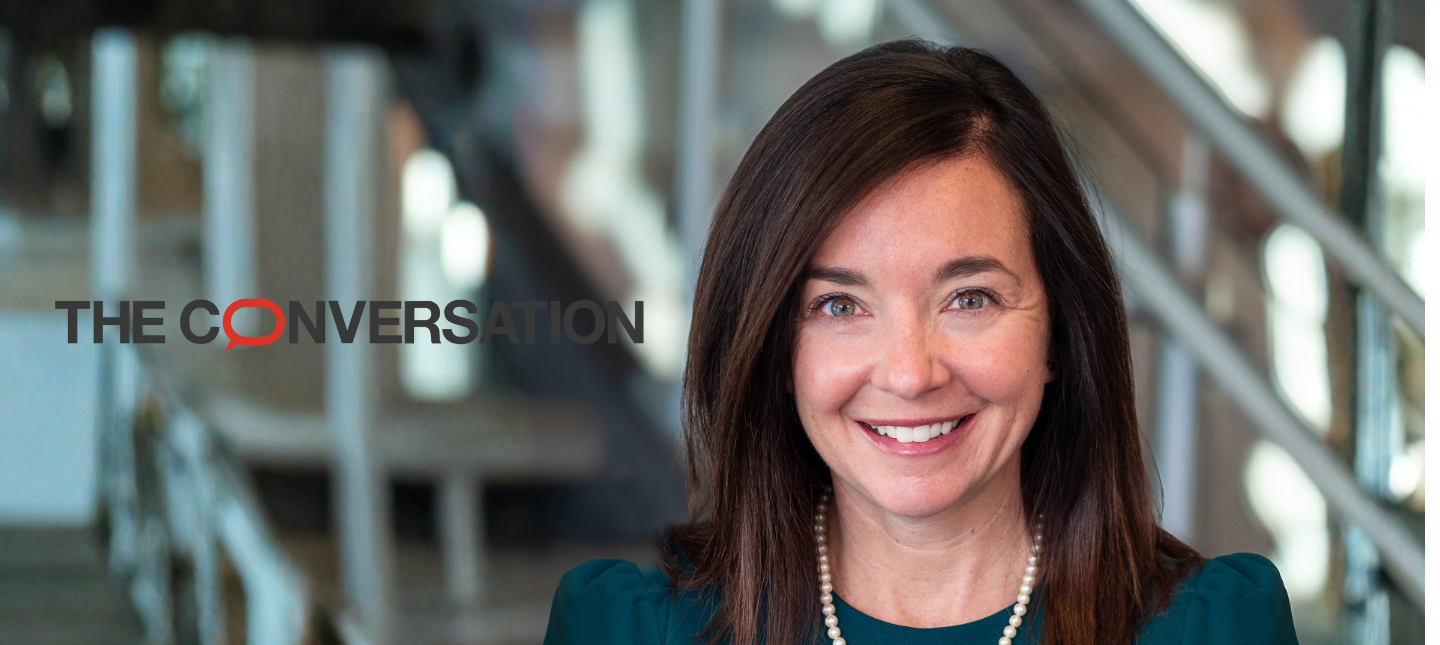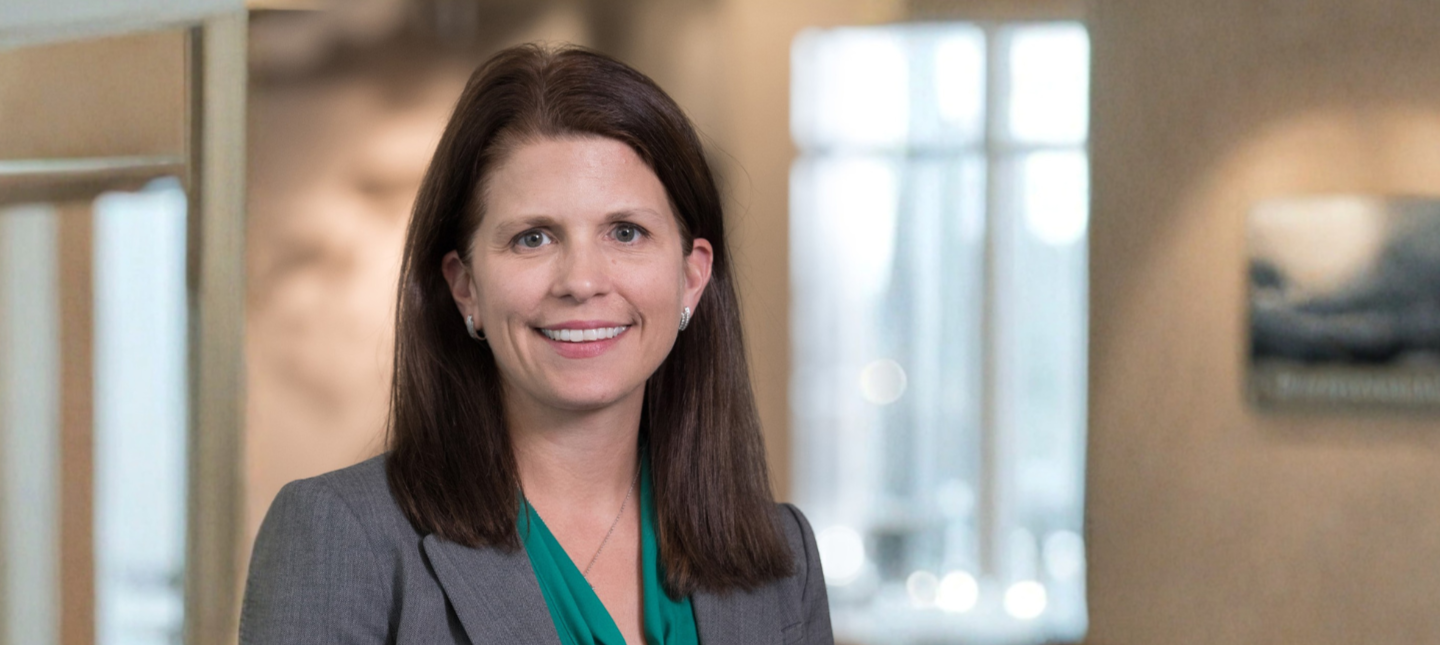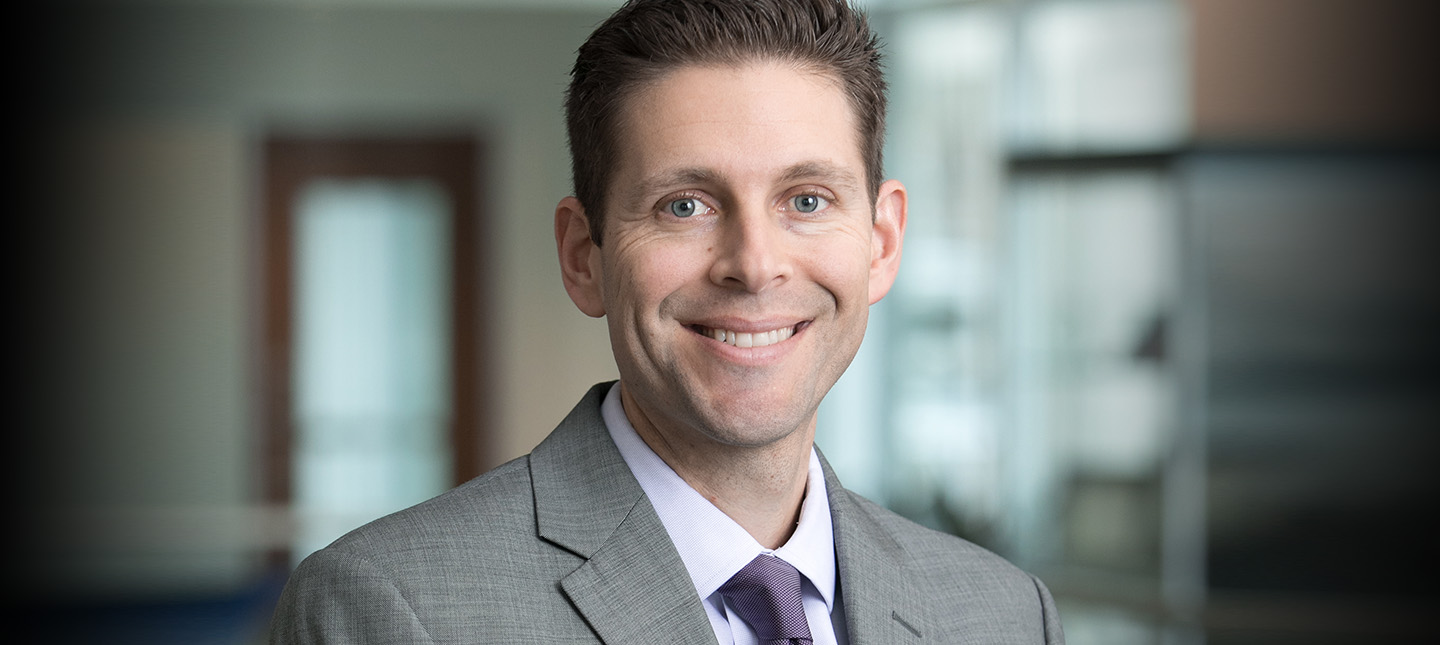In April and May of 2022, Debra K. Litzelman, M.D., M.A., research investigator in the Center for Health Services Research at Regenstrief Institute, visited Eldoret, Kenya, for three weeks as a leader to advance an international initiative, witnessed the results of Regenstrief long-term mentoring and encountered successful front-line care in resource-constrained environments.
Expanding AMPATH
In one of her roles on her trip to Kenya, Dr. Litzelman served as interim team leader and aid in the establishment of relationships so the Academic Model for Providing Access to Healthcare Initiative (AMPATH) program can be expanded to other countries.
AMPATH is powered by Moi University, Moi Teaching and Referral Hospital and a consortium of North American academic health centers. These partnerships are uniquely situated to pursue missions of care, training, and research.
Dr. Litzelman helped identify and select four new team leaders for the upcoming academic year. She also focused on re-engaging partners in order to help expand AMPATH in countries such as Nepal, Mexico and Ghana. She discussed the need for bilateral exchange of students and faculty between the U.S. and Kenya. Dr. Litzelman worked with health leaders in AMPATH to help develop a budget for, among other items, research resources. She stressed that robust research is already occurring, and she wanted to see that continue.
Solutions for resource-constrained environments
Dr. Litzelman pointed to advantages of field-birthing, mobile ultrasound, which will be provided to midwives who are conducting home visits and providing additional resources to aid in the health of expectant mothers and their unborn children.
Dr. Litzelman also discussed the importance of bi-directional innovation, instead of knowledge only coming from Western establishments.
Dr. Litzelman described witnessing a surgery team leader and one of the U.S. surgery residents using jelly models with olives to emulate breast tissue and lumps during a U.S. training session with Moi surgery registrars (residents). This low-cost method to teach new clinicians to identify breast cancer lumps without the use of mammograms is a technique that could be applied as part of the education system in the U.S and other countries.
The interest which Dr. Litzelman showed in improving the accessibility of healthcare and decreasing infant mortality rates is in line with her work in Indiana through the WeCare and CARE programs that have helped lower the infant mortality rate to the lowest in state recorded history in 2020.
Effects of Regenstrief mentorship
Dr. Litzelman met with mentees in Kenya who had moved on to doctoral programs. The advancement of mentees is a tribute to Kurt Kroenke, M.D., and Bill Tierney, M.D., regarding the impact of the training they have provided over decades. Furthermore, many of the students who received mentorship from Regenstrief scientists are now the emerging health leaders in Kenya.
Drs. Kroenke and Tierney have mentored dozens of clinicians and research scientists during their professional careers. Both have been recognized for their work as mentors and teachers, passing along their knowledge, insight and experience to younger generations of medical experts.
About Debra Litzelman, M.D., M.A.
In addition to her role as a research investigator at the Center for Health Services Research at Regenstrief Institute, Debra Litzelman, M.D., M.A., is also the D. Craig Brater Professor of Global Health Education at Indiana University School of Medicine and the director of education for the Indiana University Center for Global Health.







